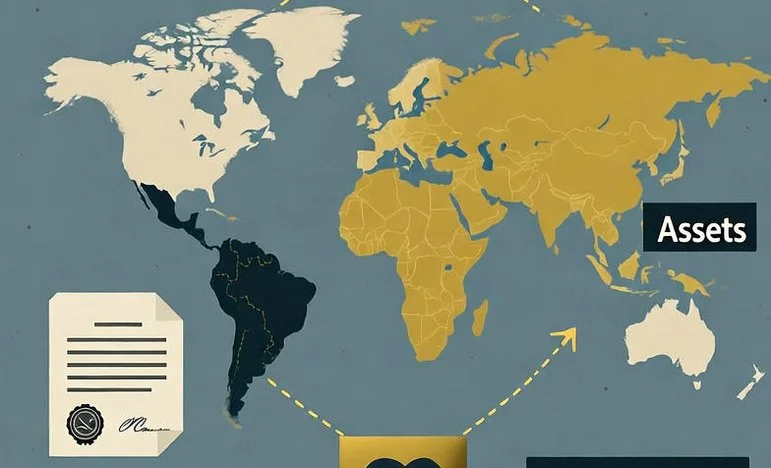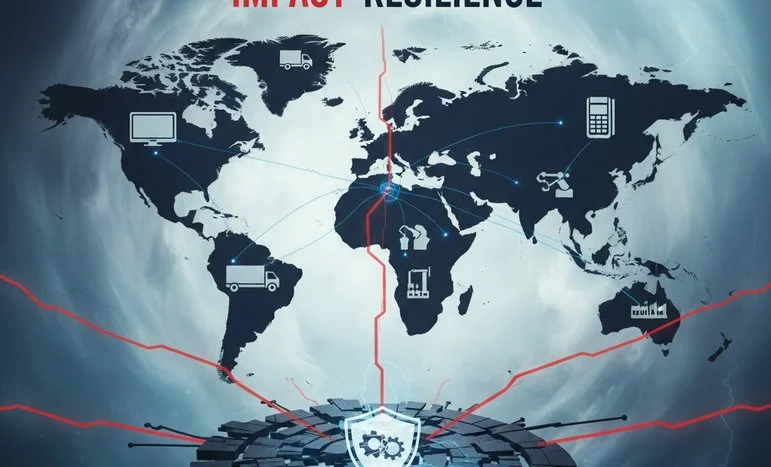
Global Cybersecurity Law Lapses Amid Record Mega-Attacks
Introduction
Global cybersecurity concerns are escalating as major attacks coincide with legal and policy gaps. The U.S. Cybersecurity Information Sharing Act (CISA) has expired amid government shutdown disruptions, weakening domestic and international coordination. At the same time, record-breaking Distributed Denial of Service (DDoS) attacks and breaches targeting European airports and Co-op stores have underscored the vulnerabilities in critical infrastructure.
These events have prompted renewed calls for international data-sharing pacts to enhance cross-border cyber defense and mitigate escalating threats.
US Cybersecurity Policy Lapses
The expiration of CISA has created significant policy gaps in the United States:
- Limited ability for private companies to share threat intelligence with government agencies.
- Reduced legal protections for companies reporting cyber threats, increasing hesitancy to disclose incidents.
- Challenges in coordinating rapid response to large-scale attacks.
These lapses coincide with record cybersecurity incidents, raising alarms about national and global preparedness.
Record DDoS Attacks
Recent cyber incidents have seen unprecedented scale, including:
- Peak DDoS attacks reaching 22.2 Tbps, overwhelming servers and internet infrastructure.
- Attacks targeting critical infrastructure, such as European airports and Co-op retail networks.
- Financial and operational disruption, affecting millions of consumers and businesses.
Experts warn that without robust information-sharing mechanisms, future attacks could escalate further, with potential cascading effects across global supply chains.
International Implications
Cybersecurity challenges are transnational. Attackers exploit jurisdictional gaps and uneven regulations, prompting calls for:
- Global data-sharing agreements to ensure rapid intelligence exchange.
- Harmonized cybersecurity standards for critical infrastructure.
- Coordinated incident response frameworks to reduce downtime and mitigate economic impact.
International cooperation is considered essential for preventing cyberattacks from escalating into geopolitical crises.
Corporate and Sectoral Impact
Businesses and sectors face heightened risk:
- Airports and transportation hubs: disruptions can affect global travel and logistics.
- Retail chains: store networks and payment systems are vulnerable to prolonged outages.
- Financial institutions: high-volume attacks threaten both digital banking and consumer trust.
Companies are urged to implement advanced threat detection, redundant infrastructure, and collaborative reporting protocols to mitigate exposure.
Policy and Regulatory Recommendations
Cybersecurity experts advocate for:
- Immediate renewal or replacement of CISA with stronger provisions for threat sharing.
- Development of international treaties establishing common rules and protocols.
- Encouragement of private-public partnerships for real-time intelligence and incident response.
These measures aim to balance privacy concerns with security imperatives, ensuring both protection and accountability.
The Growing Threat Landscape
The recent surge in attacks reflects broader trends:
- Increasing automation and AI-driven attack vectors.
- Greater reliance on cloud services and IoT devices, expanding attack surfaces.
- Sophisticated ransomware campaigns targeting multiple sectors simultaneously.
As cyber threats evolve, reliance on outdated legal frameworks exacerbates vulnerabilities, highlighting the urgency of legislative and international action.
The expiration of CISA during government shutdowns, combined with record DDoS attacks and international breaches, exposes critical weaknesses in global cybersecurity infrastructure.
Renewed U.S. legislation and international data-sharing pacts are essential to enhance resilience, protect critical infrastructure, and prevent cascading economic and societal impacts.
Without coordinated action, the world faces increasing risks from mega cyberattacks that threaten not only digital systems but broader public safety and economic stability.
We appreciate that not everyone can afford to pay for Views right now. That’s why we choose to keep our journalism open for everyone. If this is you, please continue to read for free.
But if you can, can we count on your support at this perilous time? Here are three good reasons to make the choice to fund us today.
1. Our quality, investigative journalism is a scrutinising force.
2. We are independent and have no billionaire owner controlling what we do, so your money directly powers our reporting.
3. It doesn’t cost much, and takes less time than it took to read this message.
Choose to support open, independent journalism on a monthly basis. Thank you.


















